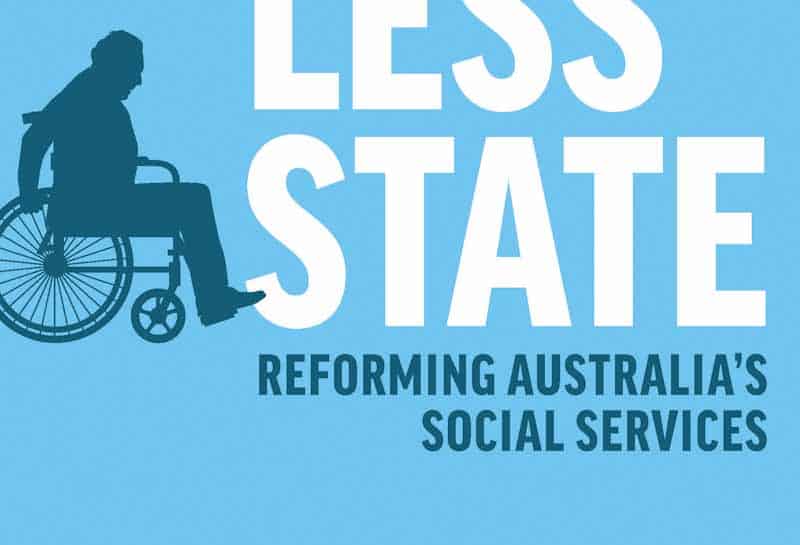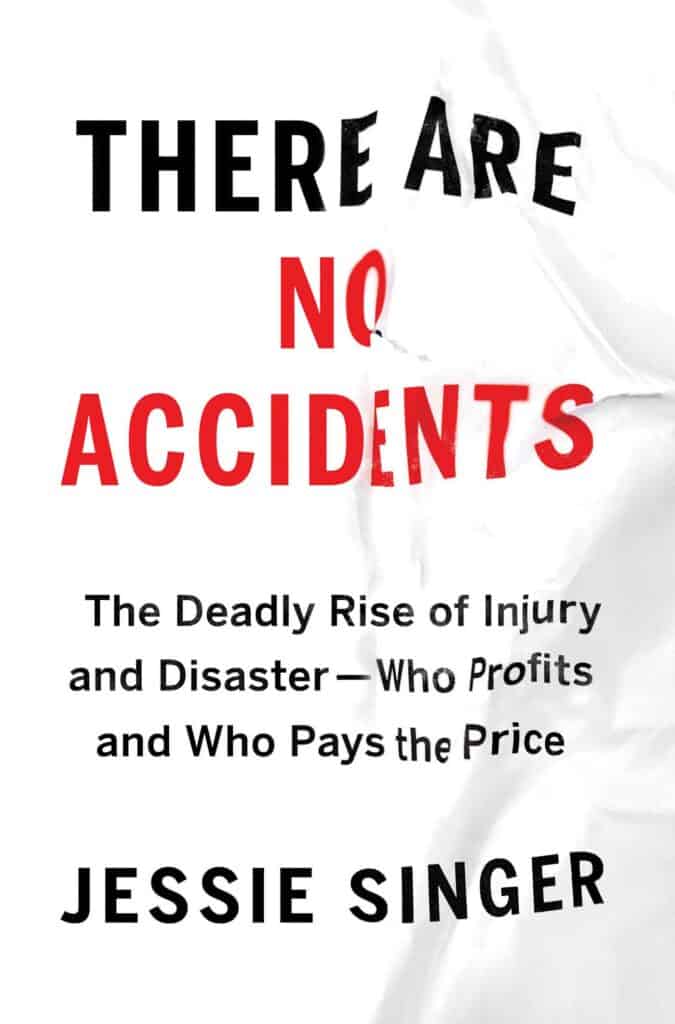This holiday season, in between new Val McDermid and Michael Connelly detective novels, I have dipped into a small book called “Zombie Ideas – Why Failed Policy Ideas Persist” in my quest to understand why occupational health and safety (OHS) is not as influential on companies and public policies as I think it should be.
The book is less than 60 pages but dense with ideas that I need a discussion group to fully understand, but there are some useful concepts that may help clarify the policy role, settings and effects of OHS and workers’ compensation.







